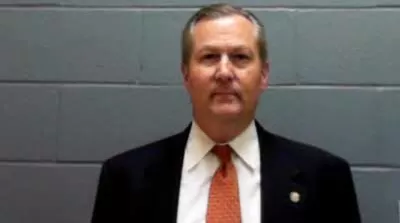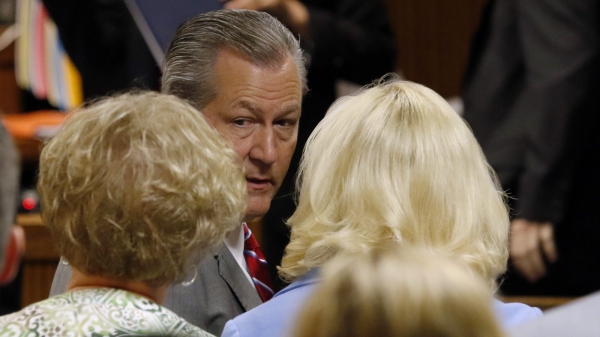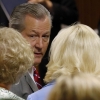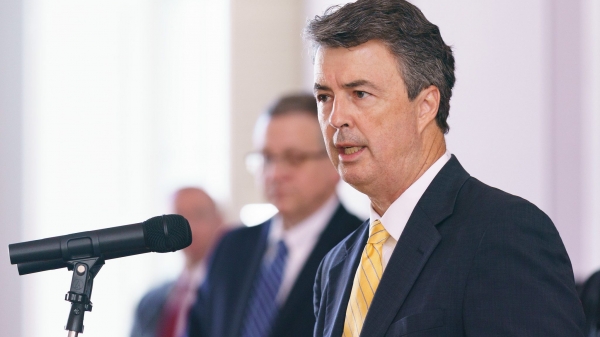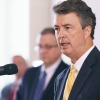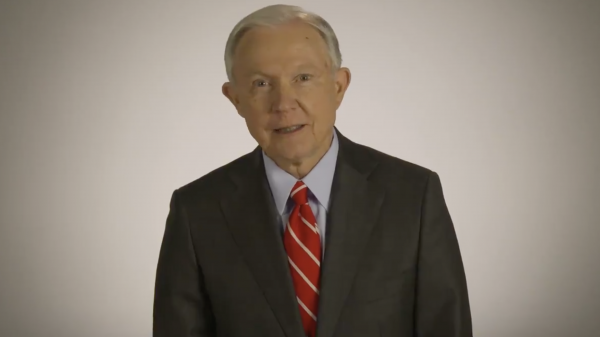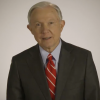By Bill Britt
Alabama Political Reporter
MONTGOMERY—Very few media outlets attended Speaker Mike Hubbard’s motions hearing on Thursday, because it was believed to be a closed hearing.
It was not.
That being said, what did occur would be very difficult for a layman to follow, unless of course, one had Hubbard’s criminal defense attorney J. Mark White to interpret, with his particular spin, which he did for the Opelika-Auburn News.
The Alabama Political Reporter was on hand for the legal wrangling Thursday, which led to Lee County Circuit Judge Jacob Walker III allowing White to make a proffer before the judge in camera (closed session).
According to US Legal: “Proffer means to offer or tender something for immediate acceptance. In the context of a trial, to proffer means to offer evidence for admission at trial. For example, a party may proffer documentary evidence or witnesses in support of an argument.”
Behind closed doors, White is believed to have given the judge examples of what former and current employees of the Attorney General’s Office might say if allowed to testify. White has been pushing the notion of prosecutorial misconduct and has subpoenaed AG staffers Charla Doucet, Tim Fuhrman, Claire Haynes, Bill Lisenby Jr., Jesse Seroyer, Howard E. Sisson, Kevin Turner, Amber Lundsford Turnow and Luther Strange as witnesses.
Judge Walker has yet to agree to allow any of these individuals to testify. On Friday however, Judge Walker ruled that Strange could be deposed in writing, but the deposition is limited “solely to the issue of appointment of Van Davis.”
As for Davis’ authority, this was unsuccessfully challenged before Judge Walker in the Barry Moore perjury case. This argument was also not accepted by the State’s Supreme Court in the Moore case. And it was Judge Walker who impaneled the Grand Jury under Davis’ authority in the first place.
The crux of White’s argument remains the same. He wants the case against Hubbard dismissed because he believes that W. Van Davis does not have authority to serve for Attorney General Luther Strange in this matter, and that there has been prosecutorial misconduct.
At Thursday’s hearing, Hubbard’s defense once again sought to show prosecutorial misconduct, with White dramatically insisting that threats of physical violence have been made against Hubbard by Matt Hart, the head of the Attorney General’s Special Prosecutions Division.
According to AG Strange, these alleged threats came from a personnel complaint filed against Hart by former Deputy Attorney General Henry T. “Sonny” Reagan, who was forced to leave the AG’s office after it was discovered that he was leaking Grand Jury information to Hubbard and others, in an attempt to undermine the investigation.
On Thursday, White argued that Reagan, along with Howard “Gene” Sisson, Claire Haynes and others, should be allowed to testify to show prosecutorial misconduct. It must be noted that Sisson has also been removed from his position as an investigator for the Attorney General, because it is believed that he assisted Reagan in some of his activities, which Strange characterized as disloyal to his oath of office.
Haynes, a former employee of the Business Council of Alabama (BCA), serves as a governmental affairs advocate for the AG’s office. Haynes reportedly had a close relationship with Reagan.
The prosecution, as well as Judge Walker, time and again countered White’s argument on prosecutorial misconduct, evoking the US Supreme Court ruling in Bank of Nova Scotia v. United States, 487 U.S. 250, 108 S.Ct. 2369 (1988). In this case, the court held dismissal on the grounds of prosecutorial misconduct is appropriate only “…if it is established that the violation substantially influenced the grand jury’s decision to ‘indict’ or if there is ‘grave doubt’ that the decision to indict was free from substantial influence of such violations.”
White repeatedly asked Judge Walker to allow the testimony of former and current employees of the AG to be heard in open court. Judge Walker, gave several reasons as to why it would be inappropriate including that cross-examination by the prosecution could not be heard in open court because it might reveal Grand Jury testimony or work product produced by the prosecution.
After rebutting Judge Walker several times, White finally conceded that the decision was Walker’s alone to make.
Judge Walker heard White’s proffer in camera, none of which applied to the actual case against Hubbard. Judge Walker was insistent that Hubbard’s criminal defense attorneys were not even close to the standards of prosecutorial misconduct. He seemed to be giving them a little something to “err on the side of caution.”
After a day long hearing, Hubbard’s criminal defense only gained the opportunity to an interrogatory deposition of Strange on one matter: Why did he appoint Davis?








































